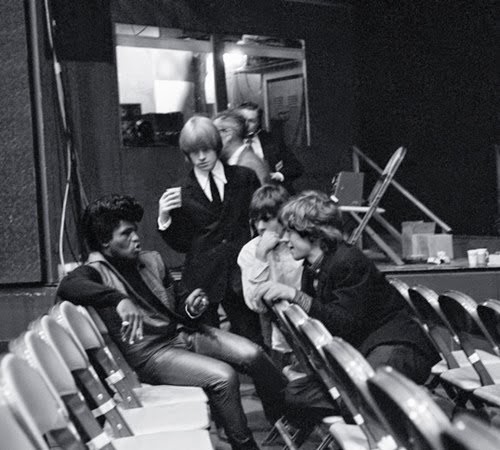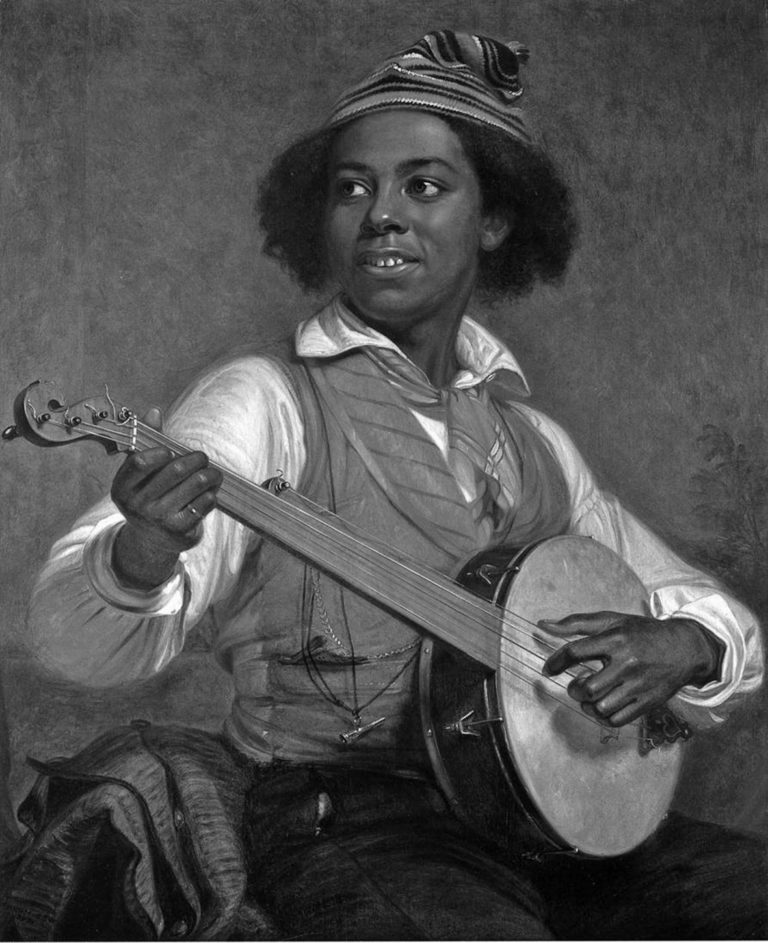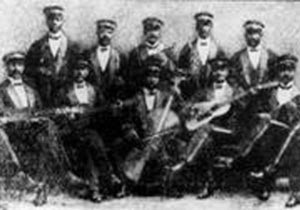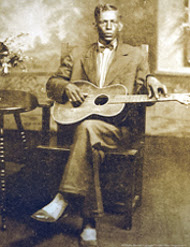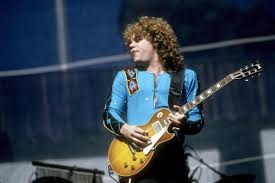 |
| Gary Richrath in his prime. He sadly died this month |
When I first heard REO Speedwagon around 1971, I thought what fantastic hard rock band these guys from Illinois had welded together. In an era of iconic English blues rock bands like Zeppelin, Sabbath and Free, REO Speedwagon, in my opinion, were up there with them for hard-rocking originality, as were another U.S. band, Blue Oyster Cult.
Perhaps I was subconsciously biased because I worked for their labels, CBS and Epic, and enthusiastically promoted both bands’ self-titled debut albums. But I was genuinely excited by their music and proceeded to sing their praises to anyone who would listen.
Imagine my embarrassment then, in 1980, when a band purporting to be REO Speedwagon had monstrous worldwide success with that slushy, sentimental soft-rock ballad,
Keep On Loving You, and enjoyed another massive and equally saccharine hit four years later with
I Can’t Fight This
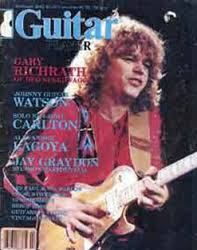 |
| Only the best guitarist make guitar magazine covers |
Feeling. Was this the same band? Yes it was, and I subsequently watched endless other hard rockers follow the REO Speedwagon soft-rock path to bigger and better record sales. Metallica’s Nothing Else Matters and Before The Dawn by Judas Priest spring to mind.
In their day, nobody rocked harder than Speedwagon, and much of this was down to REO’s guitarist and songwriter Gary Richrath who, I just found out, died on 13 September 2015 aged 65. Inspired by Jeff Beck and the Yardbirds, Richrath wrote many of the band’s more guitar-driven tracks such as 1972’s Golden Country, and Ridin’ The Storm Out in 1973. It was Richrath who was a main draw-card for his scintillating guitar work, back when REO played in vast stadiums to thousands.
And even though he hated the piano-based soft-rock ballads that REO later became known for, Richrath contributed to them enormously, said REO Speedwagon’s Bruce Hall. “Gary wanted to rock it up and I don’t blame him because we rocked as good as anybody.”
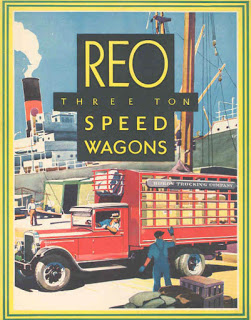 |
| A brochure for the original Speedwagon truck |
They sure did, but the band – named after a flatbed truck – and their talented guitarist began to move apart around 1980, when REO Speedwagon released Hi Infedelity, an album selling ten million. While each of the album’s four hit singles was co-written by Gary Richrath, he didn’t like where the band was heading and eventually split in 1989.
For the motorheads among us: the REO Speedwagon was named after Ransom Eli Olds who founded Olds Motor Works in1899, producing the first Oldsmobile in 1901. Olds left Oldsmobile in 1904 and started up the REO Motor Company in Lancing, Michigan, a year later. Considered a milestone in the history of American transportation, the REO Speedwagon was a versatile, fast, heavy-duty unit used for everything from fire engines to delivery vans. First built in 1915, production continued right into the 1950s.



